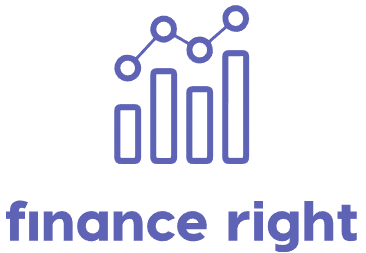Title: Rising Unemployment Rate: Its Essential Impact on the Economy
The unemployment rate fluctuates periodically, which has become a subject of much debate among economists and policymakers worldwide. As the world deals with unexpected challenges such as the Covid-19 pandemic, national economies have suffered significant contractions, leading to rising unemployment rates. Not just a statistic, employment rates have far-reaching implications that encompass both economic and social factors. Understanding the impact of rising unemployment rates on an economy is therefore crucial for ascertaining future prospects and making informed decisions
Unemployment can be defined as a situation when people who are able to work and actively looking for work are unemployed. The unemployment rate is usually presented as a percentage of the entire labor force. When the unemployment rate increases, it indicates an economy’s inability to provide employment opportunities to the working population. High unemployment rates have myriad economic implications that extend beyond the directly affected unemployed individuals, directly feeding into the country’s macroeconomic performance and stability.
First, rising unemployment equates to lower consumption, which greatly affects aggregate economic demand. Economics dictates that consumer spending drives a significant portion of most economies. Unemployed people generally curb their spending habits due to reduced income. This decline in consumer spending ultimately affects business profitability and hampers their growth and expansion plans. As a result, some businesses may even resort to layoffs, exacerbating the unemployment problem, creating a potentially catastrophic economic vicious circle often referred to as the ‘recession cycle’.
Second, high unemployment rate increases government expenditure and reduces its revenue. Government assistance in the form of unemployment benefits or welfare schemes can increase significantly during periods of high unemployment. In addition, governments face reduced revenues from income taxes, sales taxes, and other sources as consumer spending declines and businesses disappear. To compensate, governments may have to borrow more or cut spending in other areas, potentially leading to increased fiscal deficits and public debt.
Another significant effect is the negative psychological and sociological impact of mass unemployment. Unemployment often comes with social stigma and those affected may experience low self-esteem and depression. Ripple effects can affect family dynamics and overall social welfare, which indirectly but significantly affects the economy.
Rising unemployment leads to a waste of skills, depriving the economy of skills that could contribute to growth. Prolonged unemployment can also lead to a loss of skills, making it more challenging for individuals to find work even when the economy eventually improves, known as structural unemployment.
Finally, high unemployment rates can cause social unrest and increase crime rates. Historically, periods of high unemployment have coincided with increases in property crime, theft, and other forms of illegal activity that create economic costs in terms of policing and property damage.
In short, rising unemployment rates cause significant damage to the economy. It directly affects private lives, reduces consumer spending and government revenue, increases public spending and can lead to social unrest. To keep unemployment rates under control and ensure overall economic growth and prosperity, policy makers and leaders should continuously revise and implement strategies to create more job opportunities, increase skills training and foster a prosperous business environment.


